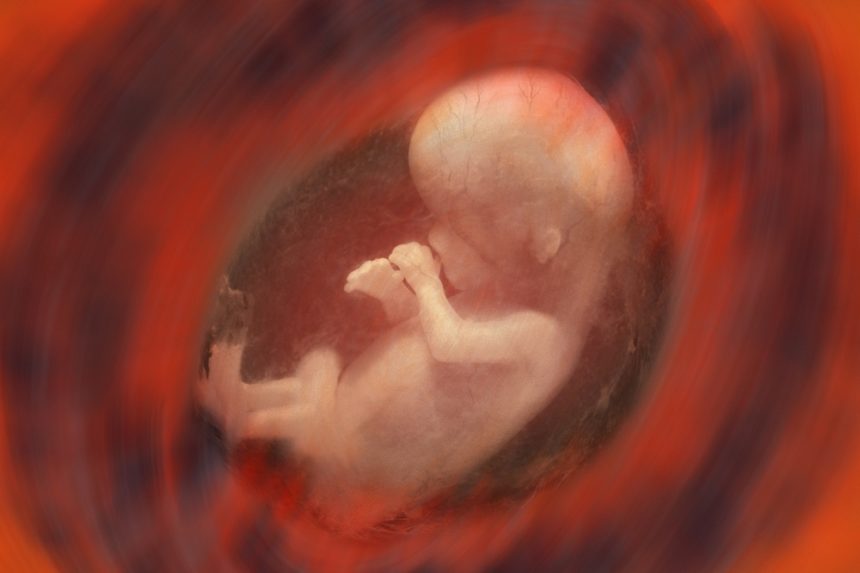As a first, researchers at King’s College London uncovered evidence vindicating how prenatal stress could affect a baby’s brain development before and during pregnancy. The results were published in Biological Psychiatry.
According to researchers, impaired development of the uncinate fasciculus, a white matter tract connecting the lateral orbitofrontal cortex and Brodmann area 10 with the anterior temporal lobes, was evident in babies exposed to prenatal stress, after an examination of 251 premature babies.
In the study, the mothers were advised to rate their severity of stress based on casual events, like taking an exam or experiencing bereavement. The responses resulted in an accumulated score based on severity of stress and quantity of stressors experienced as a whole.
Thereafter, the structure of white matter in the brain of the babies was analyzed through an imaging technique known as diffusion tensor imaging.
As highlighted in the findings, through examining the diffusion tensor imaging results, researchers noticed that white matter was disrupted in the babies whose mothers exhibited more prenatal stress during pregnancy.
The results, researchers noted, underscore the significance of maternal mental health during pregnancy and how it could lead to disruption in the brain development of babies.
But given the new evidence, further research is needed to identify any long-term adverse outcomes as a result of the changes in brain development.


